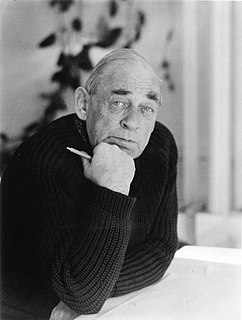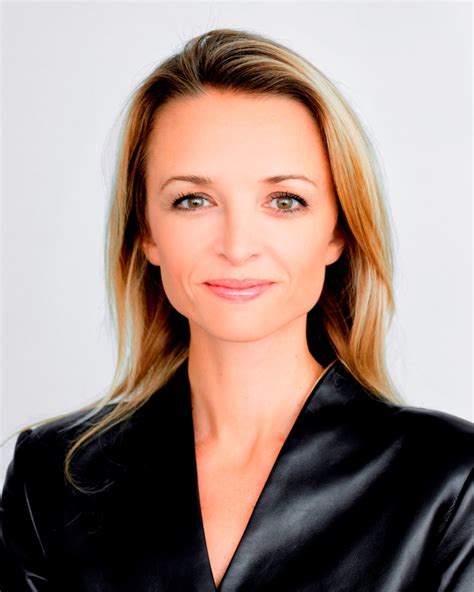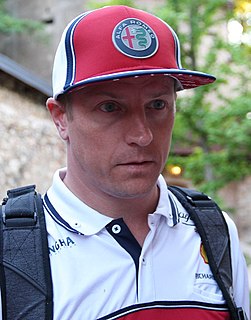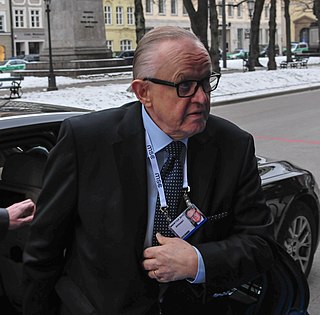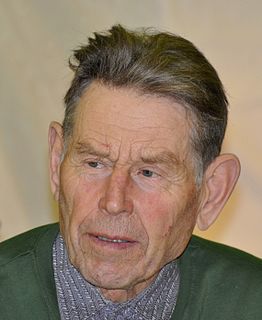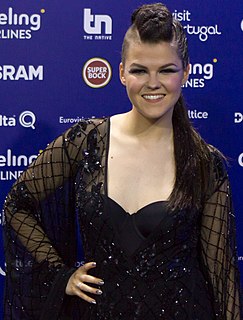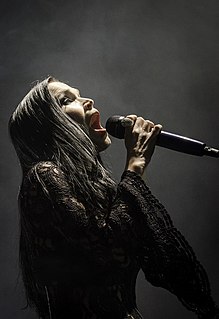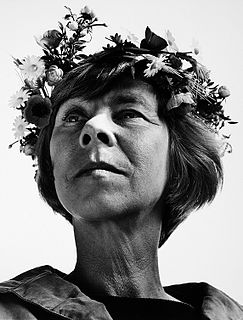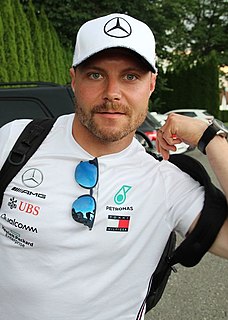Top 21 Quotes & Sayings by Pirjo Honkasalo
Explore popular quotes and sayings by Pirjo Honkasalo.
Last updated on April 21, 2025.
If you take a big epic novel and you shoot it, when you get to the editing room you notice that it has 2 million climaxes, which fill the whole 90 or 100 minutes. Then you realize you can't cut them out because if somebody is dying and you cut that out it seems like they just disappear from the film.
When I auditioned actors I never make them act. I choose a long symphony, then I tell them to sit down and I play the symphony for them. Then I sit and I look at them. I always pick a piece of music that has up and downs, very dramatic parts, very quiet parts and really sensitive parts so that it can produce different emotions.
This is going to sound crazy, especially in America where there is a total inflation of the word "love," but in a sense you have to love the people in front of the camera. There has to be trust between the one who is behind the camera and the people on the other side, so that they can relax. They have to feel they are safe, and that way they don't have to pretend just because they are scared.
I went to film school when I was 17, and of course when you are very young you think that there is nothing else in the world except film. At some point I started getting hungry to see something else. For five years I didn't make any films, I was traveling around the world, writing for newspapers, working in theater, working in opera, I thought I would never return to film.

